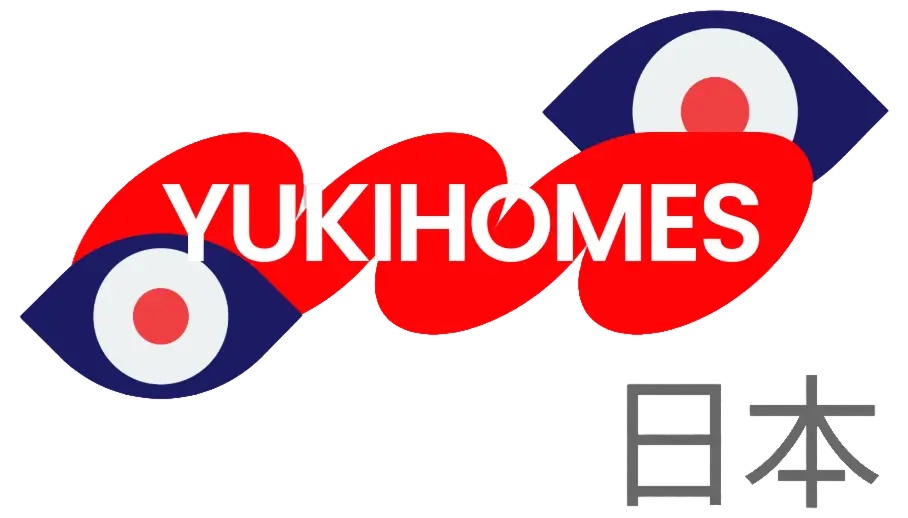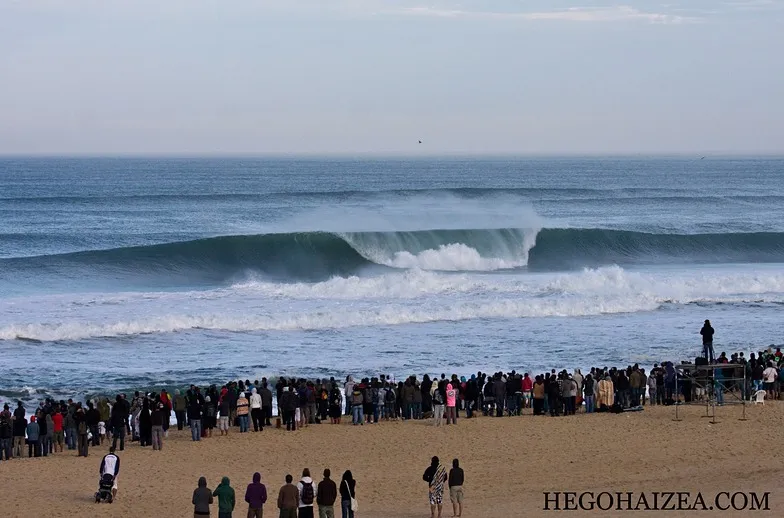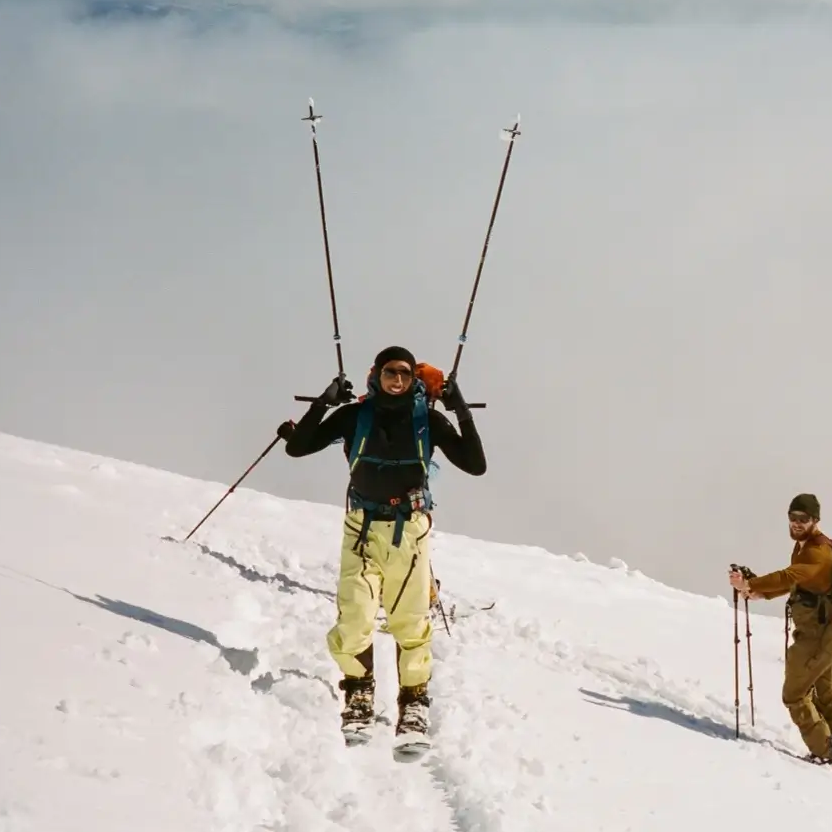Swell's incoming, work's outgoing, traveling on a budget while keeping a company running successfully is not magic. It's hard, and it's not as glorious as Instagram makes it seem.
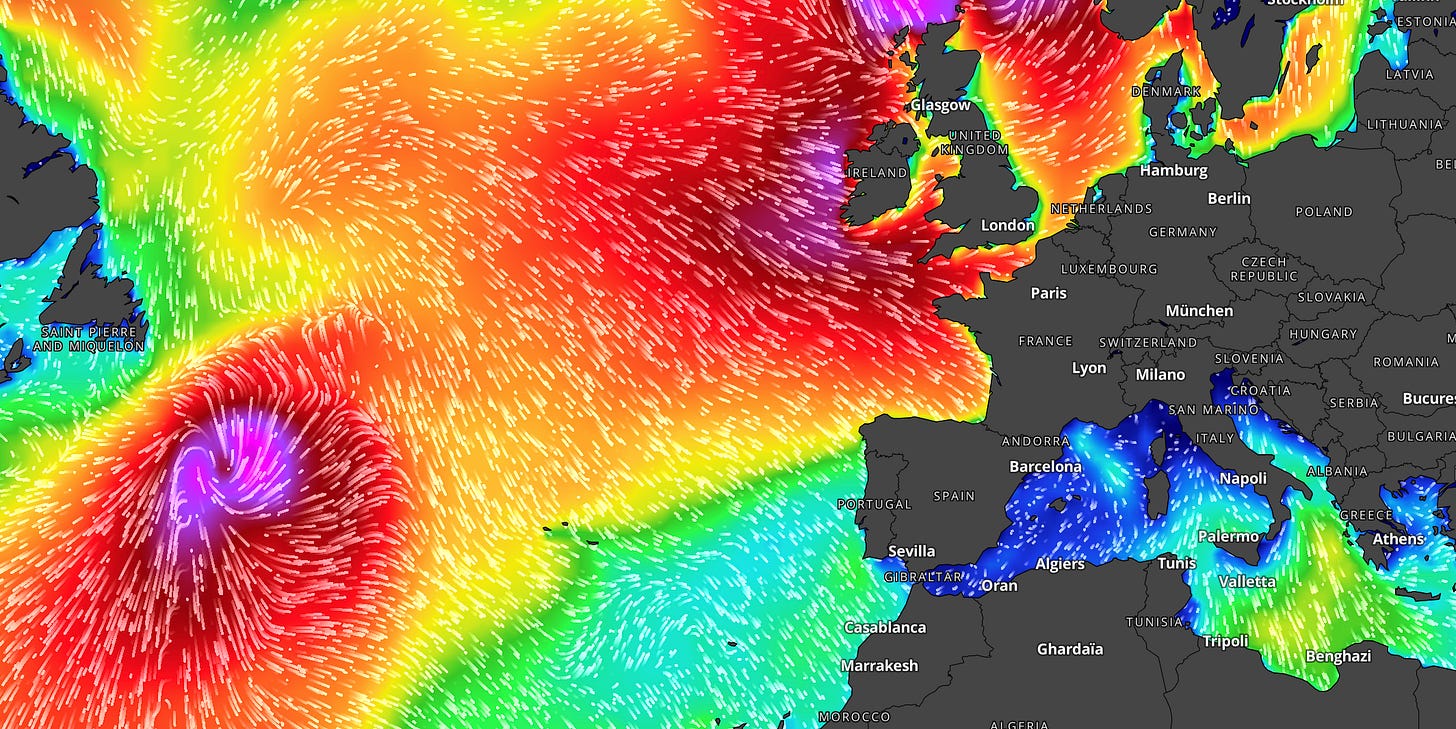
I’m writing this from Hossegor, France. It’s fall, which means Atlantic swells are firing, and I’ve structured my life so I can be here when they do.
But let me be clear: traveling is not vacation for me.
Right now it’s 11 PM and I just finished a two-hour call with our renovation team in Japan about a property in Hokkaido. Tomorrow morning I have a 9 PM client call with someone on the East Coast who’s wiring money for a house in Nagano. Between those calls, I’ll paddle out and chase some waves because that’s why I built this life in the first place.
I live in La Jolla full time. I have family in Ocean City, MD and Wrightsville Beach, NC. I travel to chase swells. But traveling while running Yuki Homes means I need systems that actually work when I’m 6,000 miles from my home office and operating across three timezones.
You Are What You Ship
I recently came across this brutally honest article that completely changed how I think about productivity. The core insight? Nobody cares about your intentions. They care about what you actually do.
When I’m in Japan scouting properties, my clients back home don’t care that I’m jet-lagged or that I had to wake up at 4 AM to make their call work. They care that I show up with answers about that Hokkaido property they’re interested in. They care that we’ve actually walked the land, talked to the neighbors, checked the snow load on the roof.
The world only cares about what you deliver.
So here’s how I actually stay productive while traveling, stripped of all the productivity-porn nonsense:
1. Protect Deep Focus Time Like Your Life Depends On It
I’m obsessive about this: when I need to do real work—analyzing a property deal, writing the Hokkaido Insider, working through renovation budgets—I block out hours where I do nothing else.
No Slack. No email. No “quick questions.” Phone on airplane mode.
Context switching is poison. Every time you shift from deep work to check a message, you’re not just losing those 30 seconds. You’re losing the next 15 minutes it takes your brain to get back into flow state.
When I’m in Hossegor and the swell is pumping, I have to be ruthless about this. I’ll wake up at 5-6 AM, get three hours of deep focus done before dawn patrol, then I can surf without my phone buzzing about a client question or a contractor issue in Otaru.
The morning surf is the reward for protecting those deep work hours. But if I don’t do the deep work first, the “quick surf session” turns into half-assing emails from the beach parking lot while my wetsuit dries. I hate doing this.
Deep focus first. Everything else after.
2. Time Zones Are Either Your Enemy or Your Weapon
Here’s the truth about working across timezones: it either destroys you or it gives you superpowers.
When I’m in France, Tokyo is 8 hours ahead. California is 9 hours behind. That means:
- My Japanese contractors are wrapping up their day when I wake up
- My California clients are just starting theirs when I’m going to bed
- I have a brief window in the middle where both coasts are asleep and I can actually think
I’ve learned to weaponize this. That quiet window—usually 2 PM to 6 PM France time—is when I do my deepest work. No one is awake to interrupt me. No urgent Slacks. No “quick call?”
But the flip side is brutal: if I need to have a real-time conversation with our team in Hokkaido, I’m taking that call at 11 PM. If a client on the East Coast can only talk in their morning, I’m setting my alarm for 6 AM.
The freedom to chase swells comes with the cost of sometimes taking calls at weird hours. That’s the trade. I’m not complaining—I chose this—but let’s not pretend it’s all sunsets and surf sessions.
3. Batch the Bullshit, Protect the Deep Work
Most “work” isn’t actually work. It’s email. It’s Slack. It’s “quick questions” that derail your entire afternoon.
I batch all of that into specific windows:
- Morning: 7:30(ish) AM, quick email sweep
- Midday: 1-2(ish) PM, Slack and admin stuff
- Evening: 9:30(ish) PM, final inbox check
Outside those windows? I don’t exist. Phone’s on Do Not Disturb. Slack is closed. Email is closed. And scrolling… don’t even get me started.
The real work—analyzing property deals, writing investor reports, blogs like this one, negotiating with contractors in Hokkaido—happens in between. That’s when I’m in deep focus mode and nothing can interrupt.
Here’s what I’ve learned: if you don’t actively protect your deep work time, everyone else’s urgency will fill it. The contractor who needs an answer. The client who “just has a quick question.” The team member who wants to “hop on a call real quick.”
None of that is malicious. But it’s also not deep work. And deep work is the only thing that actually moves the business forward.
Context switching murders productivity. Every interruption costs you 15-20 minutes of flow state. If you get interrupted four times in a morning, you’ve lost two hours of actual work to context switching.
So I’m ruthless about batching the shallow work and protecting the deep work. The emails will still be there at 1 PM. The Slack messages can wait until 7. But if I don’t finish this renovation budget analysis in the next two hours, we might miss our window on a Hokkaido property. Every day it feels like there are more agents getting involved in the homes we are finding for clients.
Priority is obvious when you think about it that way.
4. Use Dead Time, But Don’t Pretend It’s Deep Work
Waiting for a flight? I’m reviewing property photos.
Walking to grab coffee? I’m listening to voice memos from our Japan team.
Between surf sessions? I’m doing quick email responses on my phone.
But let’s be honest: this isn’t real work. This is shallow work that needs to get done but doesn’t require deep focus. Love what you do and it doesn’t really feel like “work,” but it’s moving us forward and clearing my schedule for more important things that need a focused hour or so.
I’m not writing investor reports on my phone in a surf parking lot. I’m not analyzing renovation budgets on a train from Biarritz to Hossegor. That stuff requires my full setup and zero distractions.
Dead time is perfect for clearing the small stuff so it doesn’t pile up. But don’t confuse staying busy with being productive. Answering 50 emails feels like work, but it doesn’t move the needle. Finishing that property analysis for a $200K Hokkaido deal? That moves the needle.
5. Freedom Doesn’t Mean “Work From Anywhere”—It Means “Work First, Then Anywhere”
Here’s the lie everyone tells about the digital nomad life: you can work from a beach in Bali while sipping Mai Tais and answering emails between surf sessions.
Bullshit.
You can have the freedom to chase swells around the world. But that freedom is earned by being disciplined about when and how you work.
This morning I woke up at 5 AM in Hossegor. Not because I’m some productivity monk who loves sunrise routines. Because I had three hours of deep work that needed to get done before the swell picked up and I could surf at 9 AM.
If I had slept in, paddled out at dawn, then tried to “work from the beach” all afternoon? I would have gotten nothing meaningful done. Just a bunch of half-focused email responses while my laptop overheated and sand got in the keyboard.
The freedom to surf in France in October exists because I’m willing to:
- Wake up early when I need to
- Take calls at 11 PM with the Japan team
- Say no to going out when I have client work due (this is difficult!)
- Spend entire days locked in deep focus when deals are moving
Freedom isn’t “work whenever you feel like it.” Freedom is building a life where you control when you strap down to deliver. But you still have to strap down and deliver.
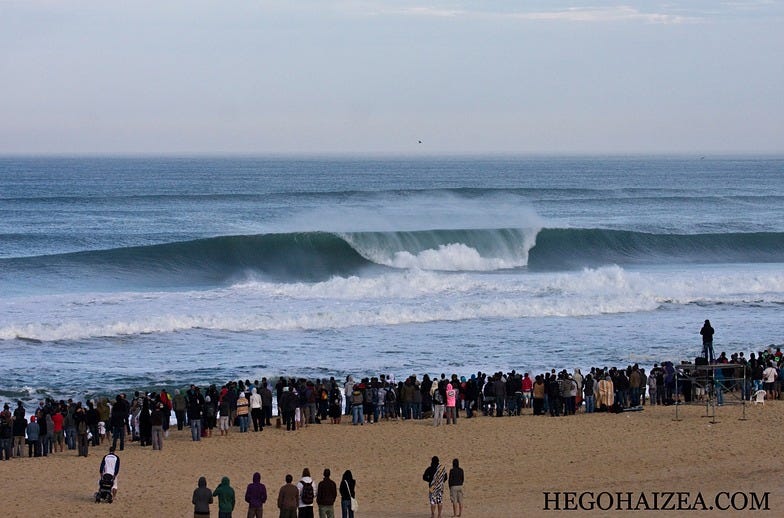
The waves don’t care about your deadlines. Your clients don’t care about the swell forecast. So you build your life around doing both—but you do the work first.
6. Some Days You’re Just Keeping the Plates Spinning
Not every day is a productivity masterpiece, as much as I wish it would be.
Some days I wake up jet-lagged in Wrightsville visiting family, and I’m just trying to not drop any balls. Client call goes fine but I’m running on fumes. I review the renovation quote but I’m too fried to negotiate hard on pricing. I answer emails but don’t make real progress on the big stuff.
That’s fine. That’s being human.
But here’s the difference between “I’m tired and need to coast today” and “I’m making excuses to avoid hard work”:
Tired but delivering: I still did the client call. I still reviewed the quote. I still kept things moving forward, even if it wasn’t my best work.
Making excuses: I skipped the client call because “the timezone is hard.” I ignored the quote because “I’ll do it when I’m fresh.” I let things slip because “I’m traveling.”
One is self-care. One is self-sabotage.
The freedom to travel while running a business means some days you’re just surviving. But you’re still showing up. You’re still delivering. You’re just doing it at 70% instead of 100%.
And that’s the actual trade-off. Not Instagram’s version where you’re crushing it from a beach hammock. The real version where you’re taking a late-night call while your family is having dinner, because that’s when the contractor can talk and the deal needs to close this week.
The Uncomfortable Truth
You know what’s made the biggest difference in my productivity while traveling?
Accepting that there’s no hack.
No app solves this. No routine eliminates the friction. No “productivity system” makes it easy to run a Japan real estate business from a surf town in France while your family is on the East Coast and your contractors are in Hokkaido.
But here’s the thing that this article taught me years ago and I think about constantly: nobody cares about your obstacles. They care about what you deliver.
My clients don’t care that I had to take their call at 6 AM from a surf town. They care that I showed up prepared with answers about their Nagano property.
The people reading our Hokkaido Insider newsletter don’t care that I wrote it jet-lagged at 11 PM after a call with our renovation team. They care that it’s useful.
The contractor in Otaru doesn’t care that it’s midnight in Hossegor. He needs an answer about the snow load specs so he can order materials tomorrow.
The world doesn’t care about your dirt—only your fruit.
So here’s my actual productivity system for traveling:
- Protect deep focus time—no context switching, ever
- Batch the shallow work into specific windows
- Use timezones as a weapon, not an excuse
- Do the deep work first, then earn the freedom
- Know the difference between surviving and making excuses
- Ship something every day, even if it’s not perfect
That’s it. No fancy apps. No complicated morning routines. Just ruthless protection of deep work time and relentless focus on output.
Because at the end of the day, you’re not defined by your morning routine or your productivity system or how many timezones you’re juggling.
You’re defined by what you actually ship.
Like this post?
Let me know if you want more posts about life as an entrepreneur, and I probably don’t travel as much as this article puts off, but I wanted to be realistic about how I manage my time while I am on travel. Questions? I’m here. If you hated it, also let me know :) All feedback is good feedback!
The freedom to chase swells around the world is real. But it’s earned by doing the deep work first, taking the late-night calls, and protecting your focus like your business depends on it. Because it does.
Currently in Hossegor chasing October swells, but I still shipped this. The waves will be there after I finish the work.
Want insider access to Japan’s most promising real estate opportunities? Subscribe to our Hokkaido Insider newsletter for monthly property picks with ROI breakdowns and renovation cost estimates.
Serious about buying in Japan? Schedule a call with our team.
Take the Next Step
Join our community for exclusive insights and resources on Japanese real estate investments.

Our team
Meet the founders.

Derek has been working in the Airbnb space for the past 10+ years and recently purchased a home in Japan. He is excited to bring this investment opportunity to others in the States & abroad.

Nick has a passion for adventure and has always dreamed of owning a property in Japan. His dreams finally came true when Derek brought him in on a deal of a lifetime in Hokkaido, Japan - one of Nick's favorite places on Earth.
